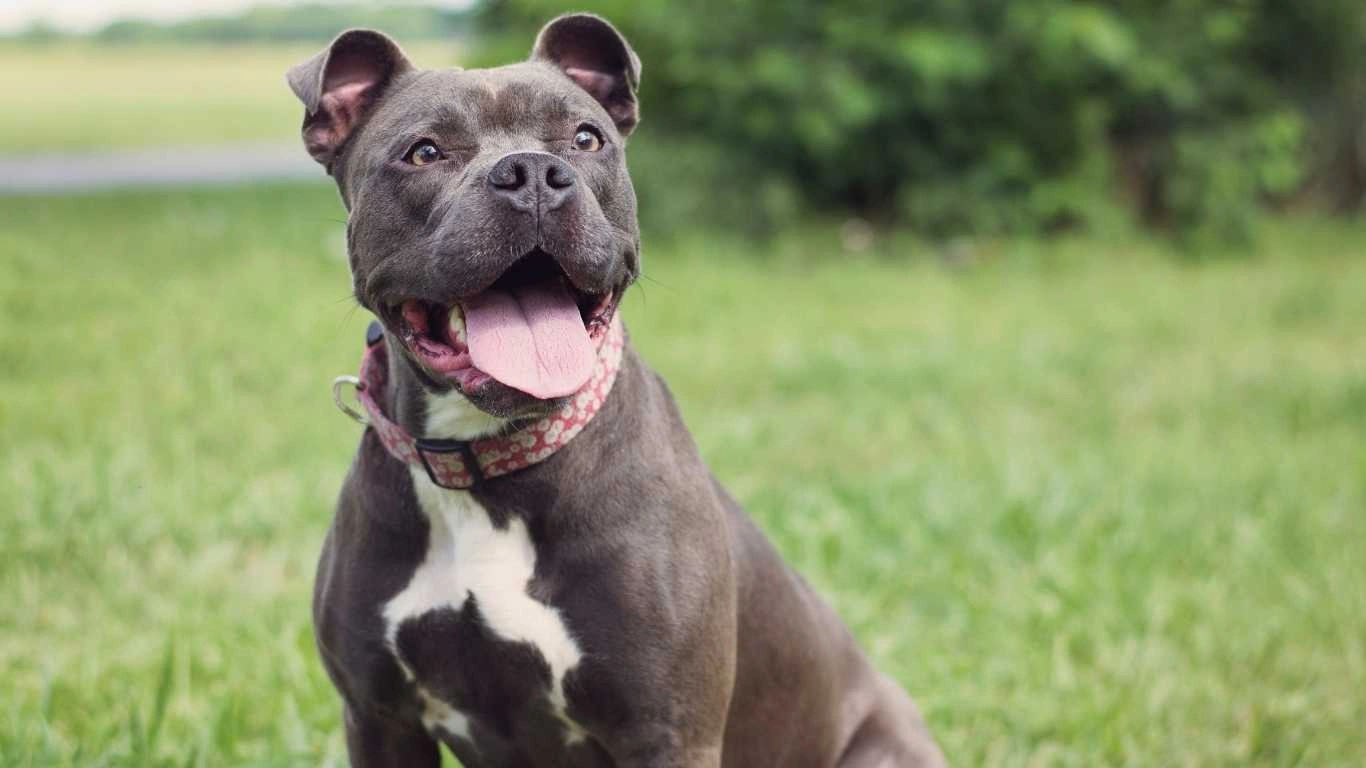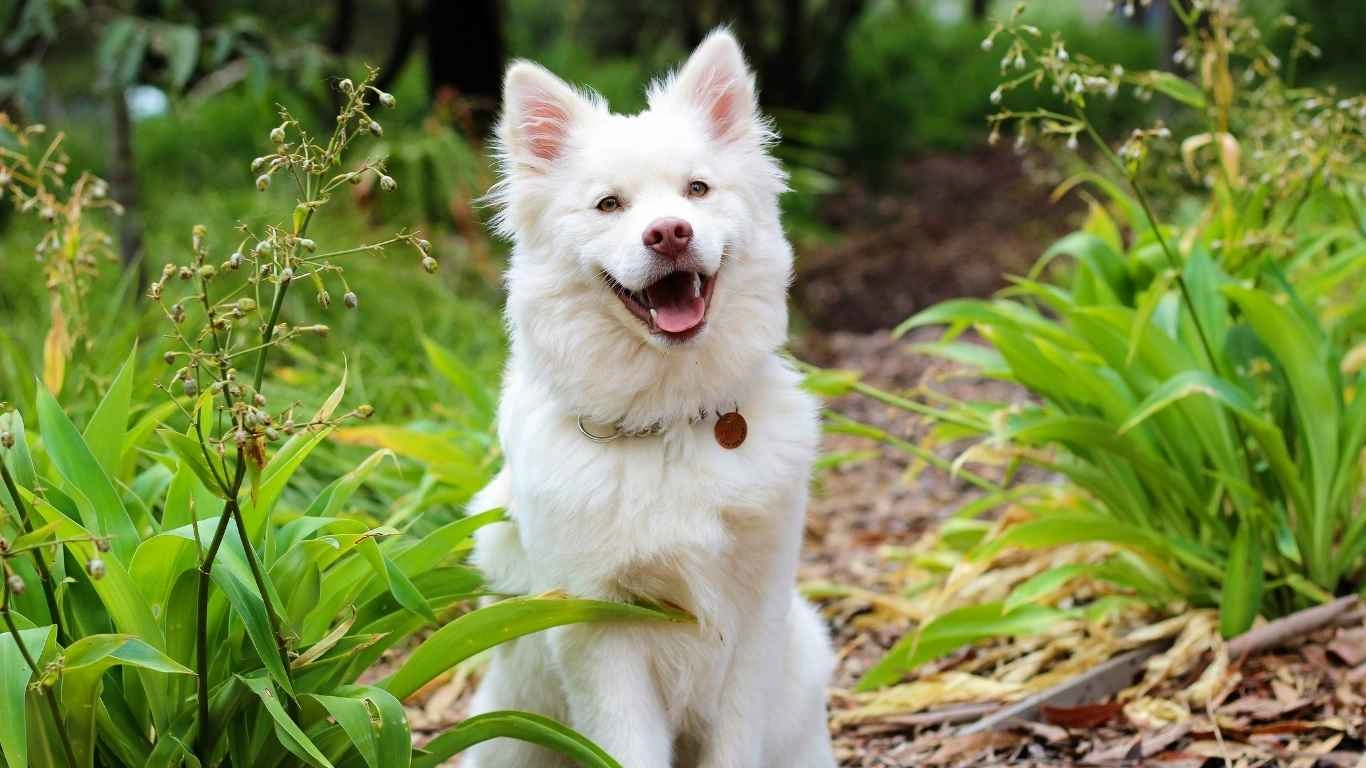Can Dogs Eat Cottage Cheese? Discover the Surprising Benefits
If you’re anything like me—someone who’s spent years caring for pups of all sizes and quirks in both clinic and shelter settings—then you’ve probably asked yourself once or twice: can dogs eat cottage cheese? I know I sure did. Especially when a well-meaning pet parent came in, swearing their dog “lives for a scoop of it every morning.” Well, turns out it’s not such a black-and-white answer. So let’s dig in, because there’s a little more to the story than just a simple yes or no.
Is Cottage Cheese Safe for Dogs?

Let’s start with the good news—yes, dogs can eat cottage cheese in moderation. It’s not toxic, and in some cases, it can even offer a few health benefits. During my time as an animal care specialist, I’ve seen plenty of dogs with sensitive stomachs who tolerate cottage cheese better than other dairy products. But there’s a big ol’ asterisk here: not all dogs are built the same, and dairy isn’t always their friend.
Here’s what makes cottage cheese appealing for some pups:
- It’s lower in lactose compared to milk or cream
- It’s rich in protein and calcium
- It contains probiotics, which might help digestion (if it’s a live-culture variety)
But again, moderation is key. I’ve had clients bring in dogs with gas, bloating, or even the occasional bout of diarrhea—all because they gave their dog just a bit too much. It’s not that cottage cheese is “bad,” it’s that some dogs simply aren’t equipped to digest lactose efficiently. You don’t want your pup to be miserable after a snack, no matter how much they beg with those big, guilt-trippy eyes.
Benefits of Cottage Cheese for Dogs

When I worked in the shelter, we’d sometimes use plain cottage cheese to tempt picky eaters. Dogs that came in underweight, scared, or just plain uninterested in kibble would often perk up when we mixed a spoonful into their bowl. It wasn’t just a treat—it was a way to encourage eating and get some extra nutrients in their system.
Here’s what cottage cheese brings to the table:
- Protein Power: It’s a good source of high-quality protein that can help maintain muscle mass, especially important for senior dogs or those recovering from illness.
- Calcium & Phosphorus: These minerals support bone health, but balance is crucial—too much calcium can actually cause issues, especially in large breed puppies.
- Probiotics: If you choose a live-culture version, it might help your dog’s digestion (but it’s no substitute for veterinary-recommended probiotics).
And let’s be real—it’s one of those rare foods that feels indulgent to your pup but can still align with their nutritional needs when offered correctly. Win-win!
When Cottage Cheese Might Not Be a Good Idea

Alright, so here’s the flip side. Just because some dogs do great with cottage cheese doesn’t mean it’s ideal for every pooch. I’ve had to explain this a dozen times to well-meaning folks who thought they were doing their best by feeding their dog “people food.”
Here are a few situations where I’d say skip it:
- Lactose Intolerant Dogs: If your dog gets gassy or has diarrhea after dairy, even in small amounts, ditch the cottage cheese.
- Overweight or Pancreatitis-Prone Dogs: While not super high-fat, full-fat cottage cheese can be too rich for dogs who need to watch their fat intake.
- Allergies or Food Sensitivities: Some dogs are allergic to dairy or have sensitivities you might not even know about until symptoms pop up. Always start with a tiny portion if it’s their first time.
One time, a senior pug named Buttons came into the clinic I worked at, and her owner swore up and down that “she’s never had a problem with cheese.” But after a few spoonfuls of cottage cheese during a heatwave (when her appetite was low), poor Buttons ended up with a nasty case of colitis. We traced it back to the dairy, and that was the last time her diet strayed from prescription food. Lesson learned—for all of us.
How Much Cottage Cheese Can I Give My Dog?
There’s no one-size-fits-all answer here, but a good rule of thumb I always shared at the shelter was this: keep it to under 10% of your dog’s daily calorie intake. That’s not a lot, especially for small breeds.
Here’s a general idea to guide you:
- For small dogs (under 20 lbs): 1–2 teaspoons
- Medium dogs (20–50 lbs): 1–2 tablespoons
- Large dogs (50+ lbs): 2–4 tablespoons
Always start small and watch for any signs of tummy trouble. If your dog’s acting off—loose stool, gurgly belly, or even just being extra lethargic—it might be best to skip it going forward. And of course, if you’re ever unsure, call your vet. They’ll know your dog’s medical history and can give tailored advice that beats a blog any day (even one written by someone who’s scooped more dog food than she can count!).
Best Ways to Serve Cottage Cheese to Dogs

So now that we’ve covered the “can dogs eat cottage cheese?” question from a safety standpoint, let’s talk about how to actually serve it. Because let’s be real—just plopping a scoop into a bowl doesn’t always cut it. Some dogs are picky, others might inhale it without chewing (looking at you, Labradors), and a few might just give it the ol’ side-eye unless it’s jazzed up a bit.
From my time working in the clinic, I picked up a few creative, dog-approved ways to make cottage cheese both appealing and beneficial:
1. Mixed into Regular Meals
This one’s probably the most common. I’d mix a spoonful into a bowl of dry kibble to make it more enticing—especially for sick, elderly, or post-op dogs with low appetites. The protein boost helps, and it coats the kibble enough to soften it a bit. Easy on the tummy, too (usually).
2. Frozen Treats for Hot Days
Summer in the shelter? Brutal. So we’d freeze little cottage cheese cubes with a bit of pumpkin puree or unsweetened applesauce. Pop one or two out and give them to the dogs when the temps climbed. Not only did it cool them down, but it kept them busy for a few minutes. Bonus points if you add a bit of kibble in the center—it’s like a doggy surprise party.
3. Hiding Medications
Ah, the eternal battle—pills. If you’ve ever had to medicate a dog that’s basically a four-legged food detective, you know what I’m talking about. We’d sometimes roll the pill into a small scoop of cottage cheese and offer it like a treat. Worked like a charm for most of the dogs, except the extra skeptical ones (border collies and their trust issues, right?).
What Kind of Cottage Cheese is Best for Dogs?

Not all cottage cheeses are created equal, and that’s where folks often slip up. The kind you buy matters—a lot. You want to avoid anything loaded with additives, sodium, or flavors. In the clinic, we always stuck with plain, unsalted, low-fat or non-fat cottage cheese. Why?
- Low Fat: Less risk for dogs with pancreatitis or weight issues.
- Plain/Unsweetened: No fruit, no added sugars or artificial flavors (some contain xylitol, which is extremely toxic to dogs).
- Low Sodium: High sodium can lead to dehydration or worse in dogs with heart/kidney conditions.
One tip? Always read the label—even brands that look plain might sneak in stuff like guar gum, carrageenan, or “natural flavoring” that’s not so natural for dogs. Stick with short ingredient lists. If it’s just milk, enzymes, and cultures, you’re good.
Can Puppies Eat Cottage Cheese?

This is a super common question I used to get from new puppy parents, especially those bottle-feeding orphaned pups or transitioning to solids. And the short answer is: yes, but cautiously.
Young pups have delicate digestive systems. They’re still developing enzymes, and introducing dairy too early or in large amounts can cause more harm than good. But under guidance—and if the puppy tolerates it—a teaspoon of plain cottage cheese can actually be helpful, particularly if they’re underweight or recovering from illness.
There was this little pitbull mix named Moose we had in foster care once. He was the runt of the litter, struggling to gain weight and pretty uninterested in his starter kibble. Our vet suggested adding just a bit of cottage cheese to stimulate his appetite. Worked like a charm. But we made sure to keep a close eye on his stool, energy levels, and belly bloat. Once we saw he was handling it well, we kept it as part of his routine until he grew out of his picky phase.
Signs Your Dog Isn’t Handling Cottage Cheese Well
Even with all its perks, cottage cheese won’t work for every dog. And as someone who’s cleaned up more post-tummy-trouble messes than I care to admit, I can tell you—recognizing the signs early makes all the difference.
Watch out for these signs:
- Loose stools or diarrhea (especially after first introduction)
- Gas and bloating (those belly gurgles are loud!)
- Lethargy or refusal to eat after eating cottage cheese
- Skin issues or itching—could be a sign of a dairy allergy
If you notice any of the above, stop giving it and touch base with your vet. Sometimes it’s a sensitivity, and other times it’s a sign of an underlying issue. Either way, better safe than sorry. And trust me—your pup’s tummy (and your carpet) will thank you.
When to Talk to Your Vet About Dairy in Your Dog’s Diet
It might sound like overkill, but you’d be surprised how often I had to intervene because someone added something “harmless” like cheese to their dog’s routine without realizing it was exacerbating a medical condition.
Always give your vet a heads-up if your dog:
- Has a known sensitive stomach or chronic GI issues
- Is on a prescription or veterinary diet
- Has conditions like pancreatitis, kidney disease, or obesity
- Is under 6 months old and still developing their digestive enzymes
Your vet can help you determine whether cottage cheese—or any dairy—belongs in your dog’s diet. They’ll know the full picture, including any meds or underlying conditions your pup has. I’ve seen many cases where a dog’s mysterious digestive issues cleared up simply by eliminating unnecessary extras like cheese or yogurt. Simpler really is better sometimes.
Other Dog-Friendly Alternatives to Cottage Cheese

Even if your pup doesn’t tolerate cottage cheese—or you just want to mix things up—there are a bunch of other options that can be just as nutritious (and drool-worthy). In the clinic and the shelter, we often had to rotate foods to accommodate dietary sensitivities, so I’ve had some solid trial-and-error experience here.
Some great swaps to consider:
- Plain Greek Yogurt: Lower in lactose and packed with probiotics, Greek yogurt is often a gentle option for dogs with mild sensitivities. Just like cottage cheese, make sure it’s plain and unsweetened.
- Pumpkin Puree: Great for digestion, especially if your dog’s stools are inconsistent. Just be sure you’re using 100% pumpkin, not the pie mix with added sugars and spices.
- Boiled Chicken or Turkey: High in protein and super easy on the digestive system. We used this combo often when dogs were recovering from surgery or illness.
- Cooked Oatmeal: Mild, filling, and fiber-rich. You’d be surprised how many pups love a warm scoop of oatmeal with a little peanut butter mixed in (just make sure it’s xylitol-free).
Honestly, some of the dogs I cared for in the shelter got more variety than I do some weeks. A little effort goes a long way in boosting nutrition and tail-wags.
How Often Can I Give My Dog Cottage Cheese?

This one really depends on your individual dog’s needs, health, and size. But as a general rule of thumb—2–3 times per week in small portions is more than enough for most dogs. Remember, it should be a supplement or treat, not a daily staple.
When I worked with long-term shelter residents (those sweet senior dogs who just needed a quiet place to land), we’d add cottage cheese as a twice-weekly “treat meal” to keep things exciting. They loved it, and it broke up the monotony of dry kibble. But if you’re feeding cottage cheese more frequently than that, you could unintentionally throw off their nutrient balance—especially calcium and phosphorus levels, which need to stay in check.
Tips for keeping it balanced:
- Track calories: Treats should only make up about 10% of your dog’s daily calories.
- Watch fat content: Opt for low-fat versions if your dog’s on a weight-control or pancreatitis-prone diet.
- Introduce gradually: If it’s their first time, don’t go all in. Start with a teaspoon and observe for any reaction.
If you’re not sure how often is right for your specific dog, check in with your vet or a veterinary nutritionist. Honestly, I’ve seen well-intentioned pet parents cause imbalances by adding too many “good” extras. Your pup’s system will thank you for keeping things steady and simple.
Real-Life Success Stories with Cottage Cheese
Nothing speaks louder than actual experience. I’ve seen cottage cheese help in so many scenarios—some surprising, some expected. One that still warms my heart is Bella, a shy Doberman who came into our clinic severely underweight and anxious. Wouldn’t touch a bite of food for two full days.
We started mixing a spoonful of cottage cheese into a bland chicken and rice meal, and within hours, she began to nibble. Day three? She cleaned her bowl. By week’s end, Bella was not only eating well but also warming up to the staff. I always say food is love—and sometimes it’s the first bridge to trust.
Another case that stands out was a diabetic schnauzer we cared for who needed more protein in his diet but had trouble with traditional meat. Under close vet supervision, we added a tiny portion of cottage cheese to his routine. His energy rebounded and his coat improved within a few weeks. The key, as always, was moderation and monitoring.
Expert Opinions & Veterinary Backing
If you’re still wondering, “can dogs eat cottage cheese safely and regularly?”—you’re not alone. The good news is that most veterinary nutrition sources agree it’s a fine occasional treat. According to the PetMD and the American Kennel Club, plain cottage cheese is one of the better dairy choices for dogs due to its relatively low lactose content and high protein levels.
Still, experts emphasize that it’s not essential in a dog’s diet. Dogs can thrive on commercial diets alone, so any extras should be vetted (pun intended) with care. The National Institutes of Health also offers insights into how lactose is processed by mammals, which can help owners understand why not all dogs tolerate dairy the same way.
The general consensus? It’s okay in small, controlled amounts for most healthy dogs. But it’s never a substitute for a balanced, vet-approved feeding plan.
Disclaimer
Disclaimer: The content in this article is for informational purposes only and should not be considered veterinary advice. Every dog is different, and dietary decisions should always be made with guidance from your veterinarian or a certified pet nutritionist. If your dog has a medical condition or is on medication, consult your vet before introducing any new foods into their diet.






